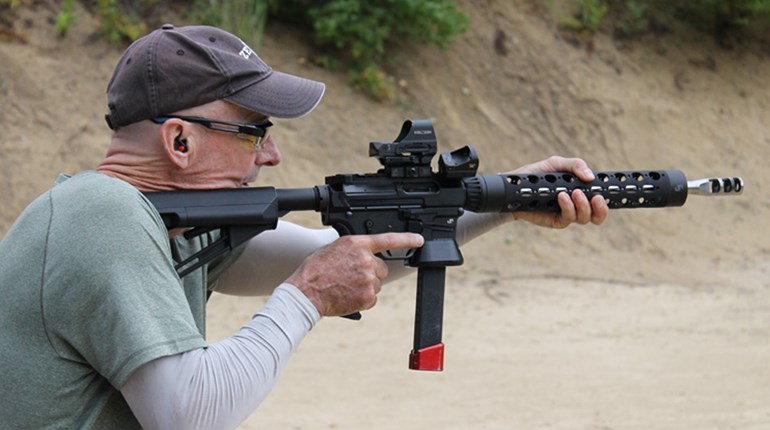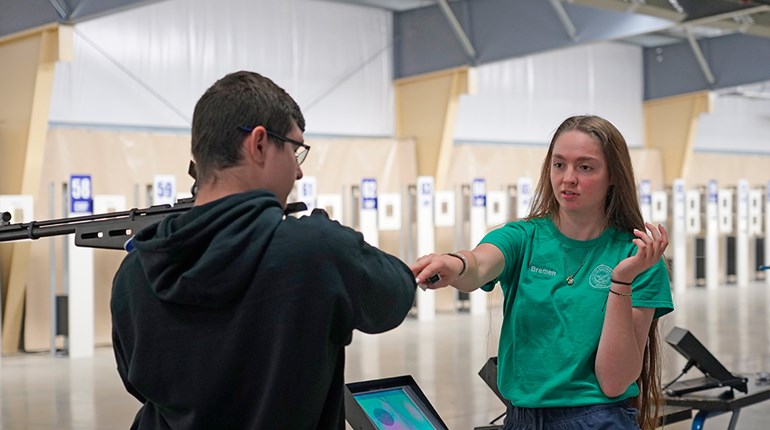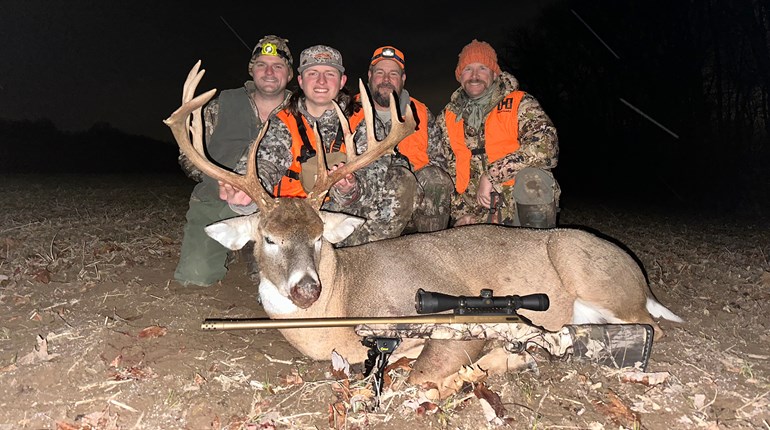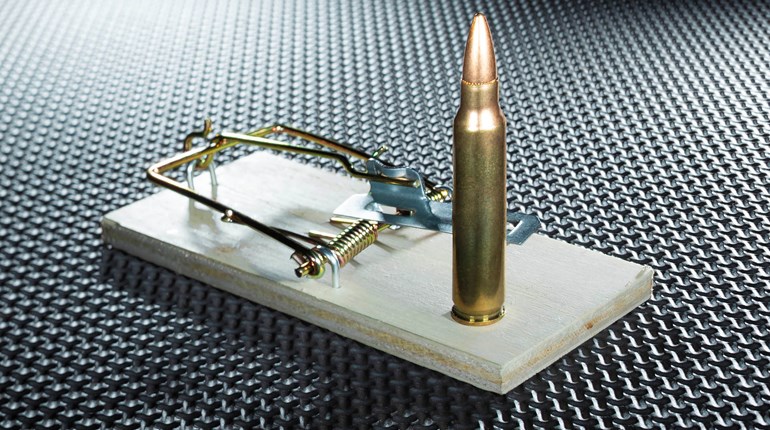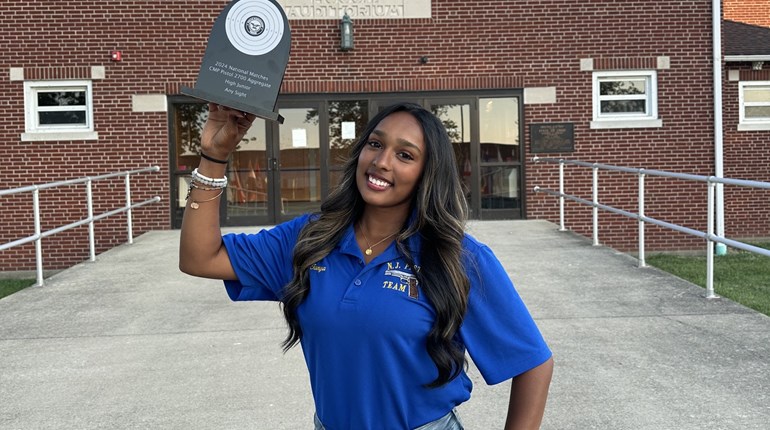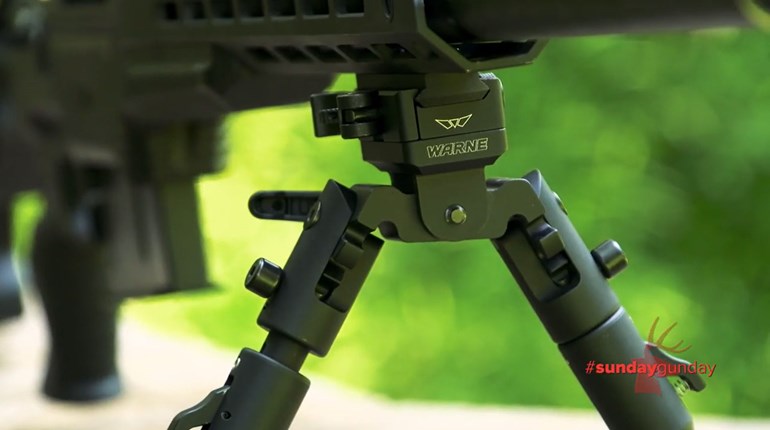
 When I signed up to participate in the Wild-Game Culinary Adventure in Berlin, N.H., the invitation mentioned that the proceeds would benefit the Barry Conservation 4-H Camp. Yet, until I arrived at the camp and met the men and women of New Hampshire Fish and Game and the other sportsmen and women who made it all happen, I was unclear as to exactly how important our contributions were for the sportsmen and youth of that state.
When I signed up to participate in the Wild-Game Culinary Adventure in Berlin, N.H., the invitation mentioned that the proceeds would benefit the Barry Conservation 4-H Camp. Yet, until I arrived at the camp and met the men and women of New Hampshire Fish and Game and the other sportsmen and women who made it all happen, I was unclear as to exactly how important our contributions were for the sportsmen and youth of that state.
Lately, it's become all too common to find a child with his or her face glued to an iPad or computer screen. We all know about declines in youth-hunting participation, and they are not improved when it is more and more difficult to find a free place to take your child shooting or public land to hunt. The National Rifle Association has voiced its worry: "Loss of access to private and public lands for hunting and recreational shooting is of significant concern. Access is one of the major reasons that hunters give as the answer to why they are no longer going afield." If parents can't find places to hunt and shoot, how will their kids ever engage in the hunting and shooting sports?
While places to hunt and shoot dwindle, the silver lining is the uptick seen in the number of new hunters and recreational shooters, specifically women. And as the saying goes, "If you teach a woman to hunt, the entire family goes hunting." A recent survey published by the National Shooting Sports Foundation reports that one in five target shooters began shooting in the last five years, and the demographic of these new shooters shows that they are young, female and urban.
Sportsmen and women across the country realize the importance of getting younger generations hooked so that the future of our sport and wildlife conservation is ensured. The people of New Hampshire understand that better than most. Their dedication to future generations of conservationists and outdoorsmen is apparentin their fight to keep the Barry Conservation 4-H Camp, the last state-run facility that introduces kids to the outdoors, up and running.
The camp has taught thousands of New Hampshire youths how to shoot, hunt, fish and more over the last 25 years. Due to lack of funds and a major need for repairs the camp closed down in 2009. That's when sportsmen's clubs from across the state stepped up to get it running again. Mike Normandin and the Belknap County Sportsmen spearheaded the fundraising and renovations. "This camp is too important to the future of hunting and fishing in New Hampshire to let it close forever," he said. Thanks to the cumulative efforts of the sportsmen of the Granite State, the Barry Conservation Camp buildings received the necessary repairs along with a new water line. The camp reopened in 2011, and a new covered shooting range was built that same year.
In 2012, Gary Sleeper of the Belknap County Sportsmen launched the newest fundraising event for the camp, the Wild-Game Culinary Adventure. I attended the event last September, the second year it was held, and have to say that as a novice to wild-game cuisine, it was extremely informative. The majority of the group was comprised of couples, men who knew how to hunt but wanted to learn to cook, and women who wanted to learn more about skinning and butchering. A testimony to the change in the current environment was that I was not the only female attending solo, just getting into hunting and wanting to know more.
Participants learned the basics of everything from filleting a fish and skinning a deer to plucking pheasant and smoking meat. We even got to skin a squirrel, which I had never done before. Everything we used was donated by local sportsmen, and was eaten that weekend. The wild-game weekend featured some amazing dishes that included moose, bear, venison and more; surprisingly, my favorite dish was a beaver stew.
Not only was the event informative, but it was also a chance to be a kid again. Each night we sat around the campfire. Camp songs were sung, feet stomped and jokes shared. There was camaraderie amongst the group and an understanding that what we were partaking in was bigger than ourselves.
When they said all the proceeds went to benefit Camp Barry, I assumed that could only be partially true because of the cost of food and having the camp open to us for the weekend, as when you buy a product and only 20 cents goes to the cause. I was wrong. Volunteers, who are extremely passionate about the outdoors and the future of the camp, ran the entire event. The butcher, Rick Warbin of Baker River Deer Farm, took time out of his busy season to teach us all about meat. Chef John Schumacher came up from Connecticut (after just getting back from a hunt in Alaska the day before) to share his culinary expertise. All the food was donated, along with the prizes that were raffled off to raise more money for the camp.
This means that every penny we spent on the event and the raffle will be used to keep the camp open another year. Now the kids of New Hampshire, many of whom are sponsored by local sportsmen's groups, can continue to attend camp sessions that teach them hunter education, shooting sports, survival skills and so much more. The children who attend often end up becoming return campers because they have such a positive experience, and one can only hope more New Hampshire kids get the chance to experience what these kids have at Barry Camp.
If you live in the Northeast (or even if you don't) and feel like you could learn something from a wild-game culinary event in the beautiful woods of White Mountain National Forest, keep your eyes open for next year's invite to the Wild Game Culinary Adventure. You will have an amazing time and be helping a worthwhile cause. If you have kids, take them along; there's no cell phone service up there, which may do them some good.














